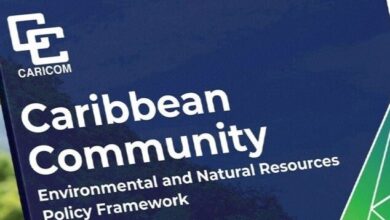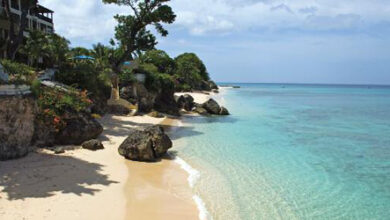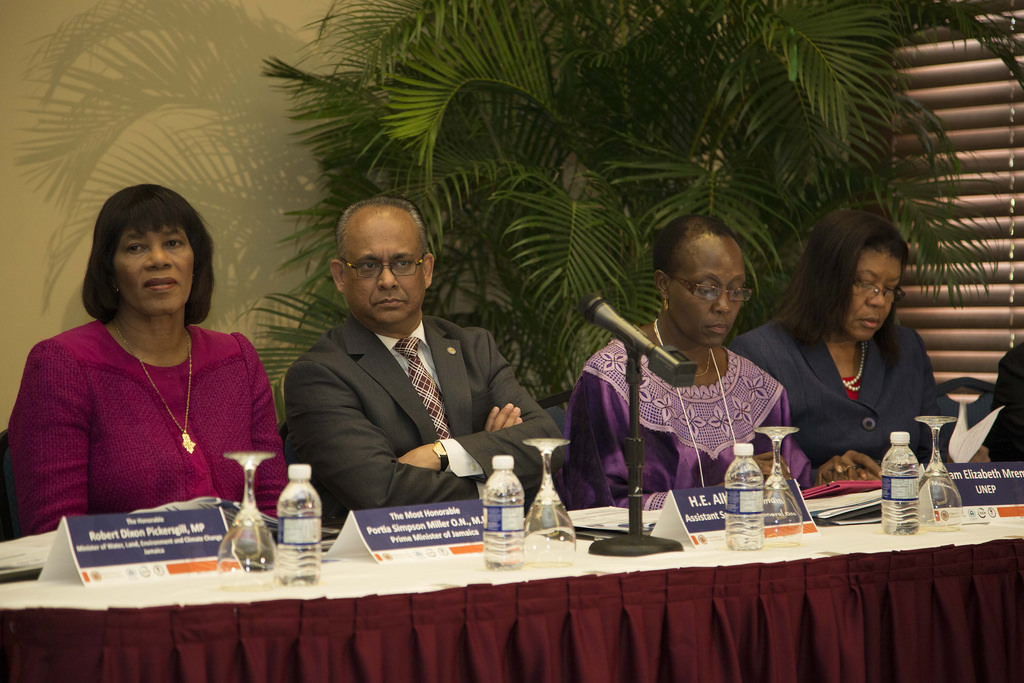The CARICOM Secretariat and the United Nations Environment Programme (UNEP) are partnering to raise awareness in the Region of the conservation and sustainable use of migratory animals and their habitats.
CARICOM and the UNEP/Convention on the Conservation of Migratory Species of Wild Animals (CMS) Secretariat will host a Regional Capacity-Building Workshop for CMS Non-Parties of the Caribbean Regionin Bridgetown, Barbados, 31 August – 2 September.
The purpose of the workshop is to raise awareness about the CMS. This convention is an environmental treaty under the aegis of UNEP, that provides a global platform for the conservation and sustainable use of migratory animals and their habitats. CMS brings together the States through which migratory animals pass, the Range States, and lays the legal foundation for internationally coordinated conservation measures throughout a migratory range.
The Regional Capacity-Building Workshop aims to inform CARICOM countries that are not yet Parties to CMS about the work and goals of the Convention. Already existing capacity-building tools, such as the CMS Family Manual, will be discussed and guidance to accede to CMS will be provided.
The workshop is funded by the Programme for Capacity-Building Related to Multilateral Environmental Agreements (MEAs) in African, Caribbean and Pacific Countries, known as the ACP-MEAs Programme. The CARICOM Secretariat is the Caribbean Hub of the ACP-MEAs Programme which is funded by the European Commission through the Secretariat of the African, Caribbean and Pacific Group of States. UNEP is the overall global programme coordinator and facilitator, and the project is being implemented in the Caribbean through the CARICOM Secretariat’s Sustainable Development and Environment Programme.
The first phase of the ACP-MEAs programme ran from 2009-2014, and the current phase is scheduled to run until 2017. The ACP-MEAs project has been very supportive of bio-diversity conservation and management initiatives across the CARICOM Region and most recently provided sponsorship for 20 students in Guyana to participate in the fourth International Congress on Biodiversity of the Guiana Shield.






